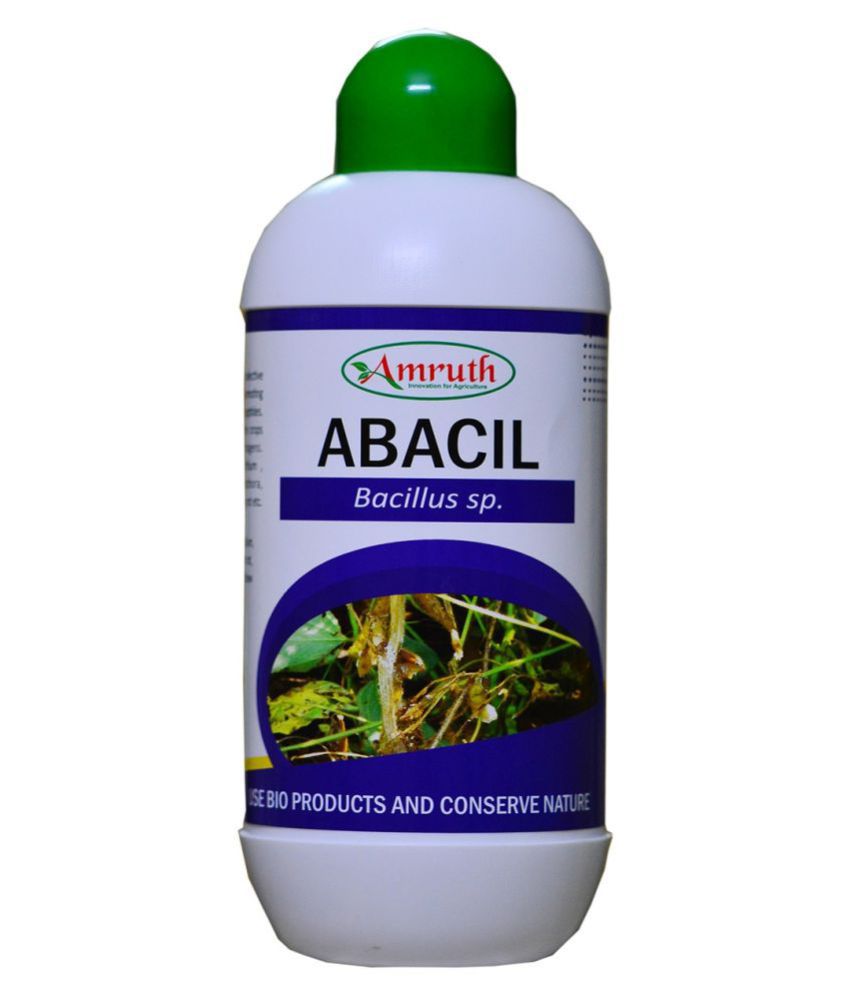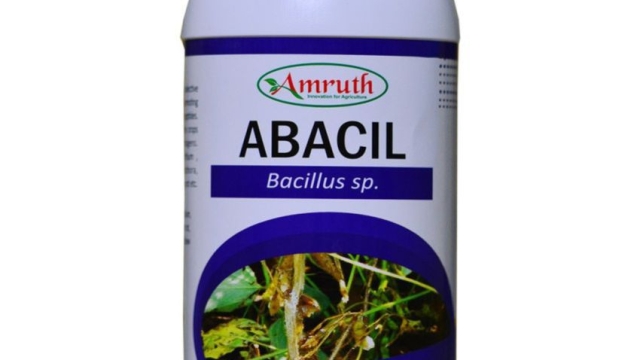Unlocking the Secrets of Organic Soil and Fertilizer: Nurturing Nature’s Bounty
In a world driven by innovation and a yearning for healthier, more sustainable living practices, organic gardening has become a steadfast trend. The pursuit of chemical-free, environmentally friendly methods has led to a resurgence in the use of organic soil and fertilizer. These natural alternatives not only nourish the earth but also promote the growth of flourishing gardens and bountiful harvests.
Organic soil, as well as organic fertilizer, play vital roles in creating and maintaining a thriving garden ecosystem. As gardeners, we know that healthy, nutrient-rich soil is the foundation upon which our plants flourish. That’s where Kellogg Garden Products comes in. With a legacy that spans four generations, this family-owned and operated company understands the value of sustainable gardening practices, and its commitment to providing top-quality organic products is unwavering. By delving deep into the secrets of organic soil and fertilizer, we can unlock the true potential of our gardens and truly nurture nature’s bounty.
Importance Of Organic Fertilizer
Understanding Organic Soil
Organic soil is the foundation for a healthy and flourishing garden. It provides essential nutrients, supports beneficial microbial activity, and promotes overall plant growth. With an increasing emphasis on sustainable and environmentally-friendly practices, organic soil has gained popularity among gardeners. By understanding the principles of organic soil, you can unlock the secrets to nurturing nature’s bounty.
- Nutrient-rich and Balanced
Organic soil is known for its nutrient-rich composition. It contains a wide range of organic matter, such as decomposed plants, animal waste, and compost. These organic materials slowly break down over time, releasing essential nutrients that plants need to thrive. Unlike synthetic fertilizers, which provide only specific nutrients, organic soil offers a balanced and holistic approach to nourishing plants naturally.
- Promoting Microbial Activity
One of the key benefits of organic soil is its ability to support beneficial microbial activity. Microorganisms, such as bacteria, fungi, and earthworms, play a vital role in breaking down organic matter, releasing nutrients, and improving soil structure. These microscopic organisms create a harmonious ecosystem within the soil, fostering a healthy environment for plants to grow and develop.
- Building Soil Health Over Time
Organic soil is a long-term investment in your garden’s health. By consistently adding organic matter and practicing proper soil management techniques, you can gradually improve the quality and fertility of your soil. This process enhances soil structure, water-holding capacity, and nutrient availability, creating an optimal environment for strong and resilient plant growth.
As we delve deeper into the world of organic gardening, it is crucial to recognize the value and importance of organic soil. With its nutrient-rich composition, support for beneficial microbial activity, and long-term benefits, organic soil is the cornerstone of a thriving and sustainable garden. By nurturing nature’s bounty through the use of organic soil, we can cultivate not only the plants but also the well-being of our environment.
Exploring Organic Fertilizer
When it comes to cultivating a healthy and bountiful garden, the choice of fertilizer plays a crucial role. Organic fertilizer, in particular, offers a natural and sustainable solution that helps to nourish the soil and promote the growth of plants. In this section, we will delve into the world of organic fertilizer, exploring its benefits, types, and application methods.
One of the key advantages of organic fertilizers is that they are derived from natural sources, such as plants, animals, and minerals. This means that they are inherently rich in essential nutrients that plants need to thrive. Unlike synthetic fertilizers, organic alternatives do not contain any harmful chemicals or additives. Instead, they focus on enhancing the soil’s fertility and improving its overall structure.
There are various types of organic fertilizers available on the market. Some of the most commonly used ones include compost, manure, bone meal, and seaweed. Each type has its unique composition and nutrient content, making it suitable for different plants and specific soil conditions. Organic fertilizers also have the added benefit of releasing nutrients slowly over time, ensuring a steady and consistent supply for plants.
When it comes to applying organic fertilizer, it’s essential to follow the instructions provided by the manufacturer. Generally, it is recommended to mix the fertilizer with the soil before planting, ensuring that it is evenly distributed. This allows for better absorption of nutrients by the plants’ roots. Additionally, organic fertilizers can be applied as top dressings during the growing season to provide an extra nutritional boost.
By choosing organic fertilizer for your garden, you are not only nourishing your plants but also contributing to the overall health of the soil and the environment. Organic farming practices promote biodiversity, reduce the risk of pollution, and support sustainable agriculture. And with companies like Kellogg Garden Products offering a wide range of organic fertilizer options, you can trust that you are making a responsible choice for nature’s bounty.
The Legacy of Kellogg Garden Products
Kellogg Garden Products, a family-owned and operated company, has been nurturing nature’s bounty for four generations. With a rich history, they have firmly established themselves as a trusted name in the world of organic soil and fertilizer.
Founded decades ago by the Kellogg family, their deep-rooted passion for organic gardening has been passed down from one generation to the next. It is this commitment to sustainable practices that sets Kellogg Garden Products apart from others in the industry.
Throughout their journey, Kellogg Garden Products has remained dedicated to providing high-quality organic soil and fertilizer products. Their unwavering focus on using natural ingredients and avoiding harmful chemicals has earned them a loyal customer base.
The family’s hands-on approach and attention to detail are evident in every bag of organic soil and fertilizer they produce. This personal touch ensures that each product meets the highest standards of quality and is specifically formulated to nourish plants naturally.
In conclusion, Kellogg Garden Products stands as a testament to the power of family legacy and the importance of organic practices. Their commitment to nurturing nature’s bounty has made them a trusted name in the industry, and their dedication to quality remains unwavering. Experience the difference of Kellogg Garden Products and unlock the secrets of organic soil and fertilizer today.






